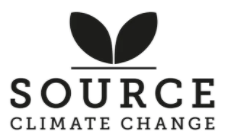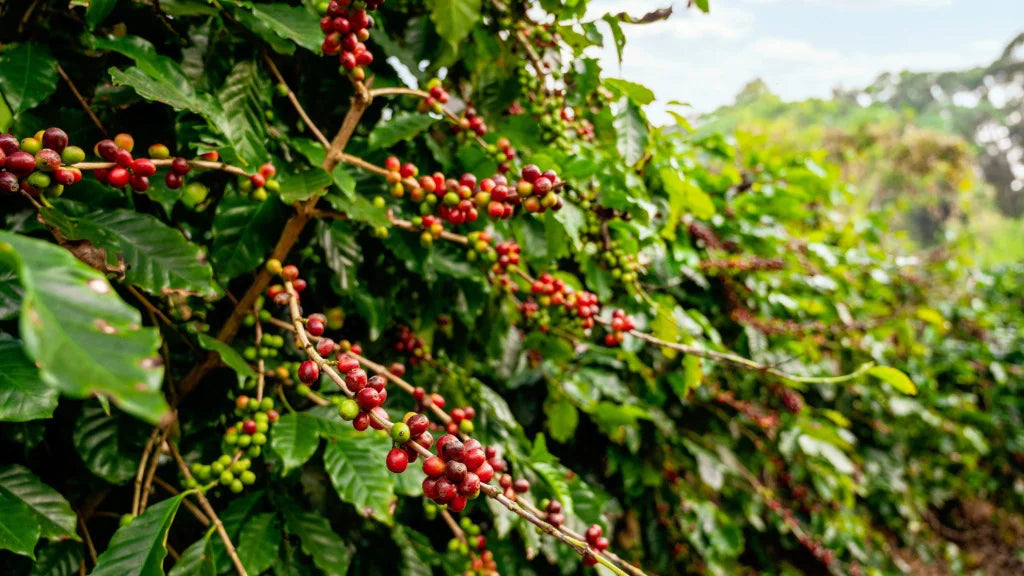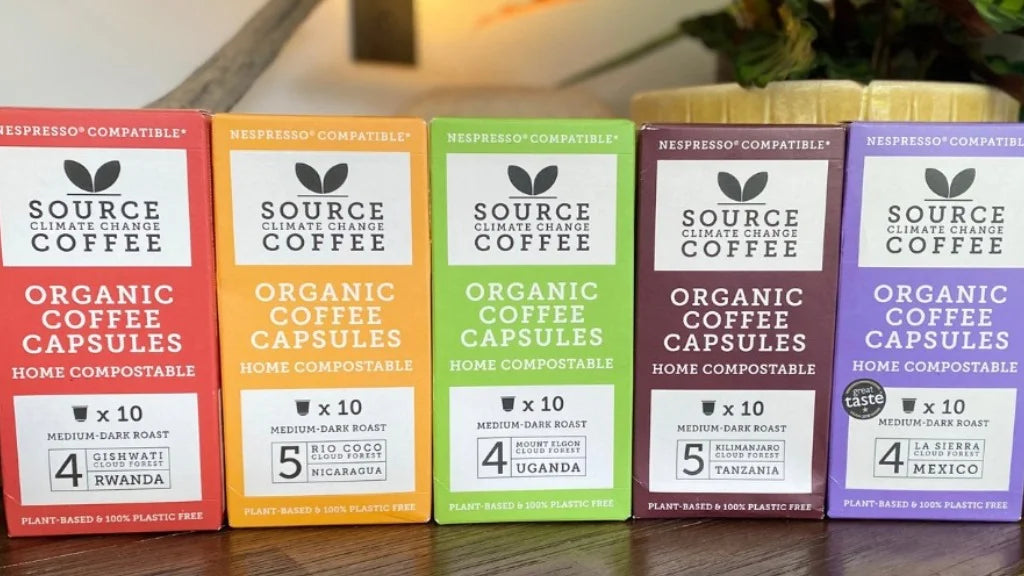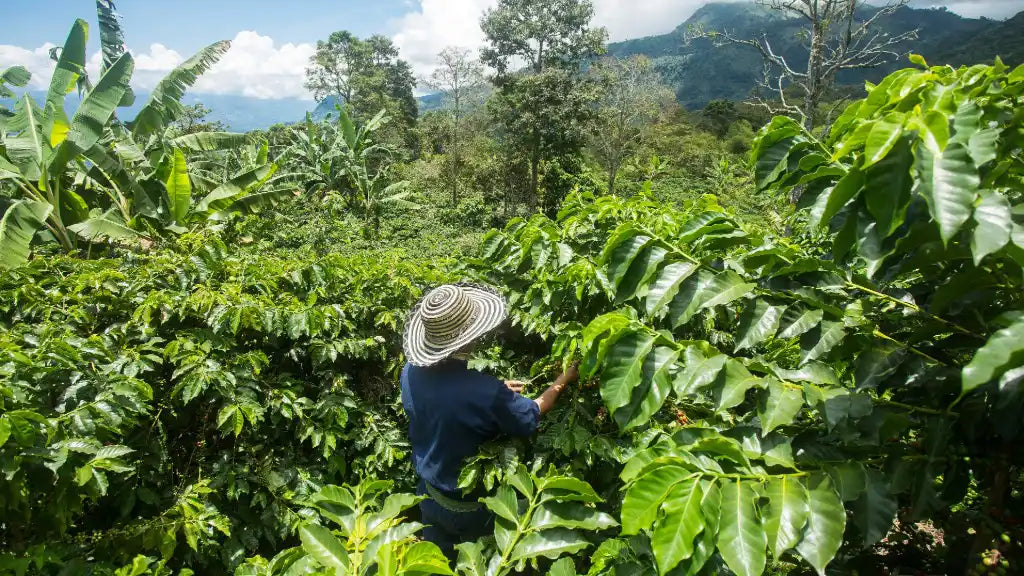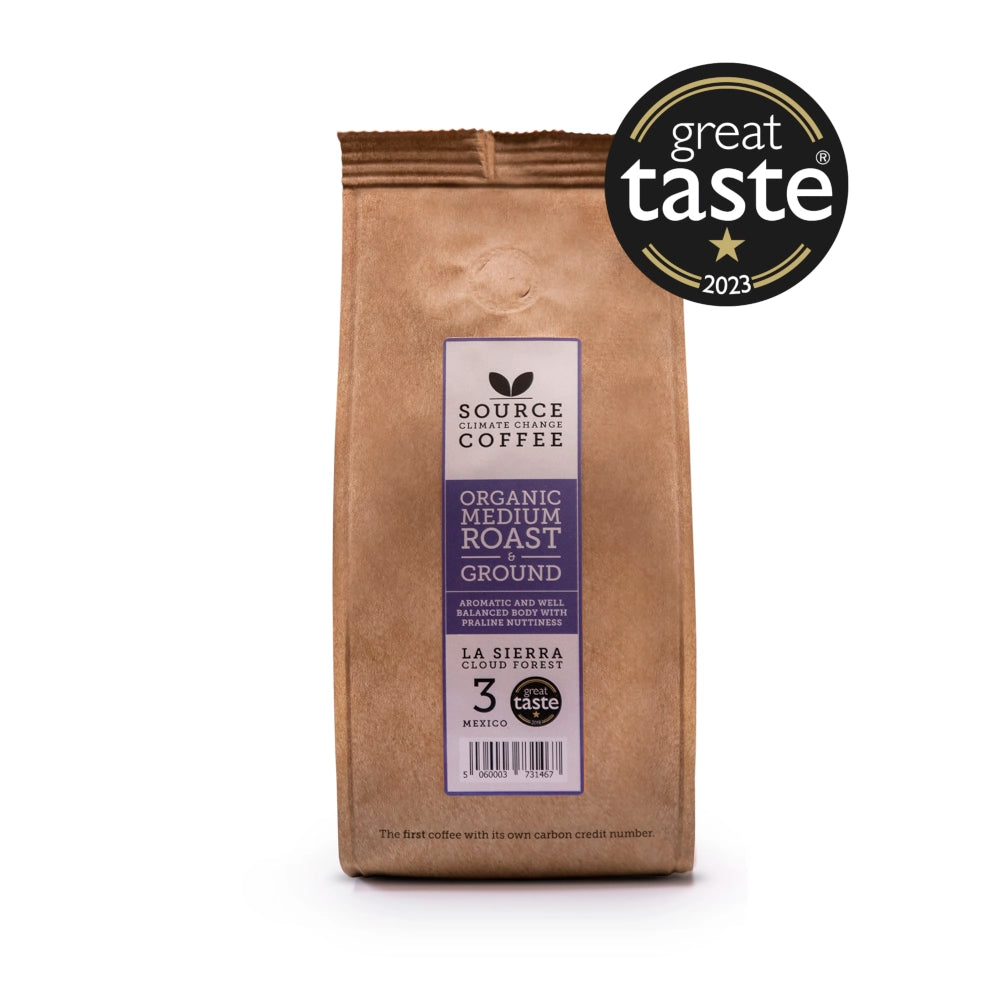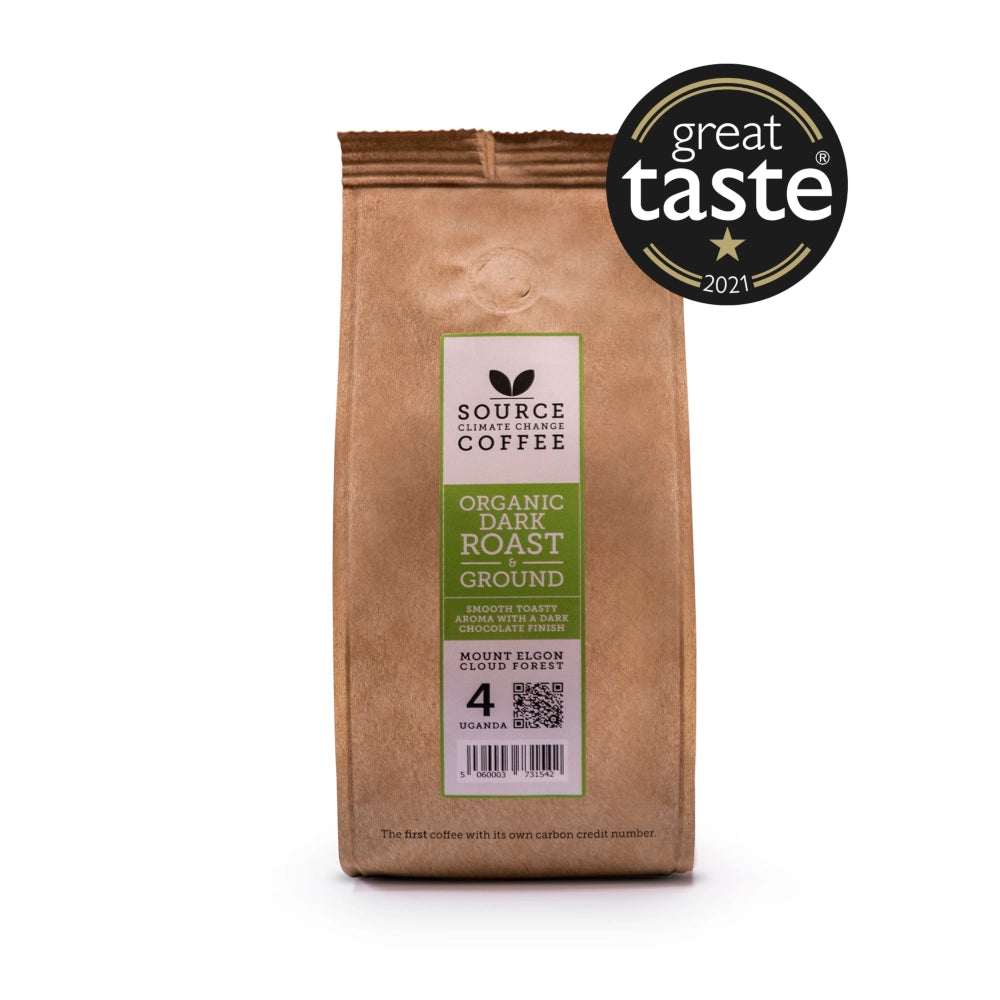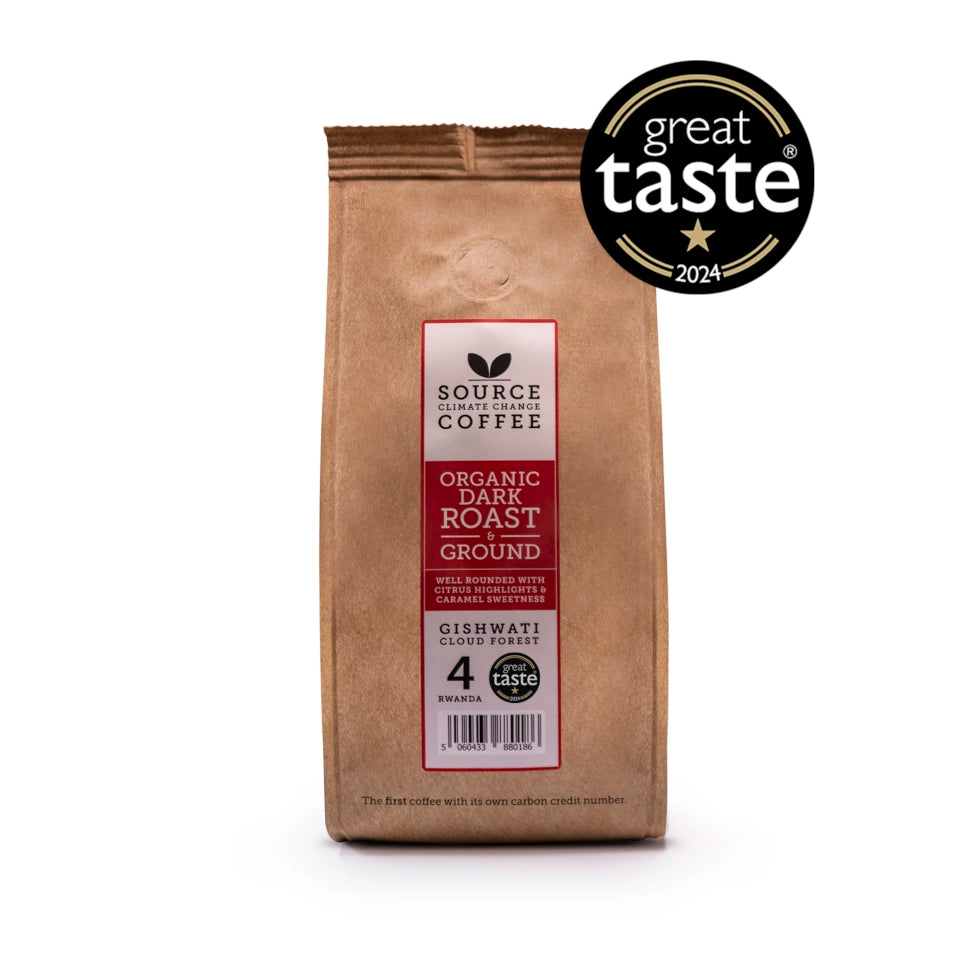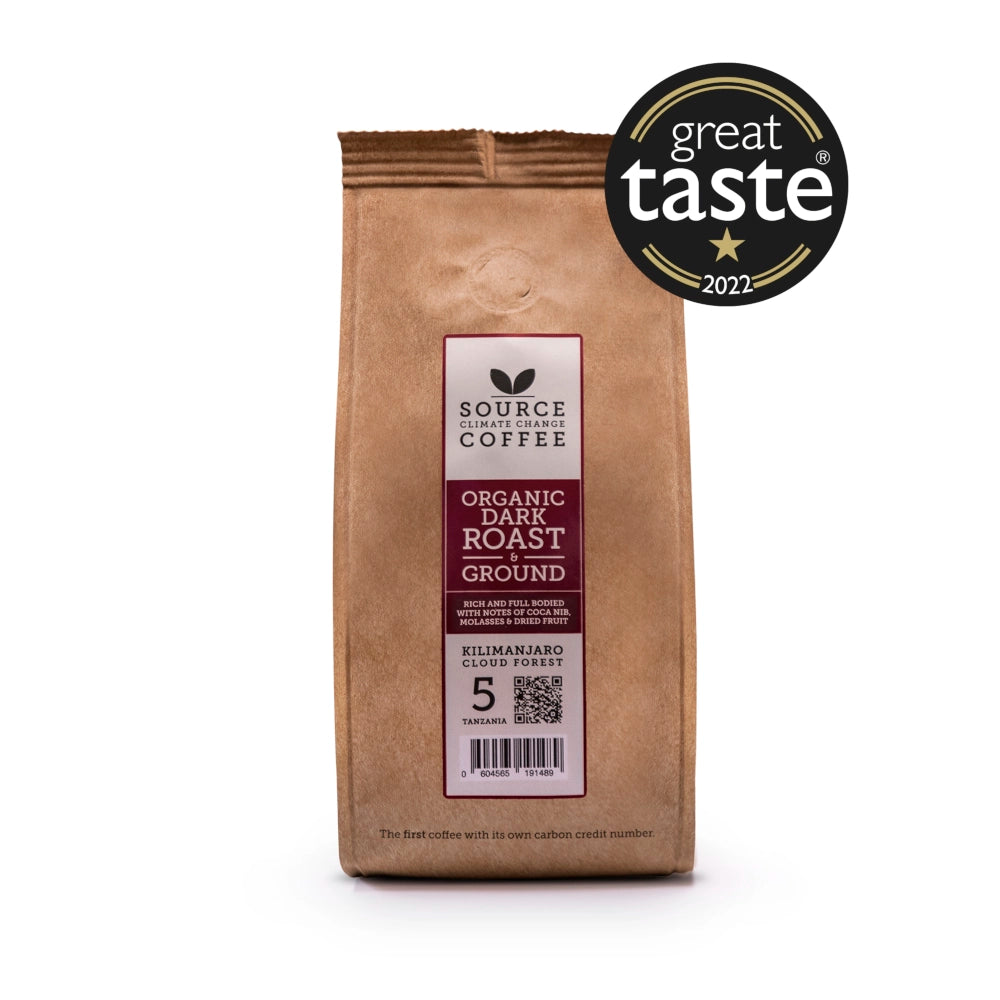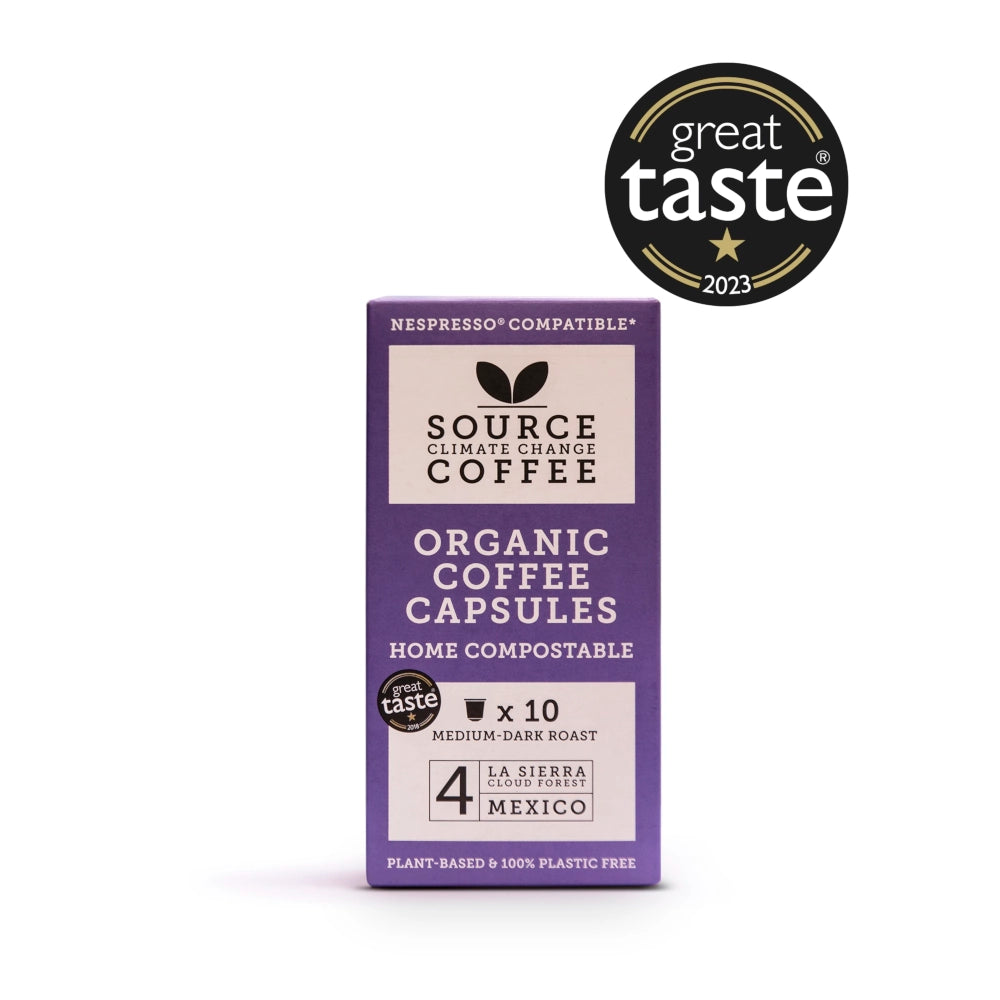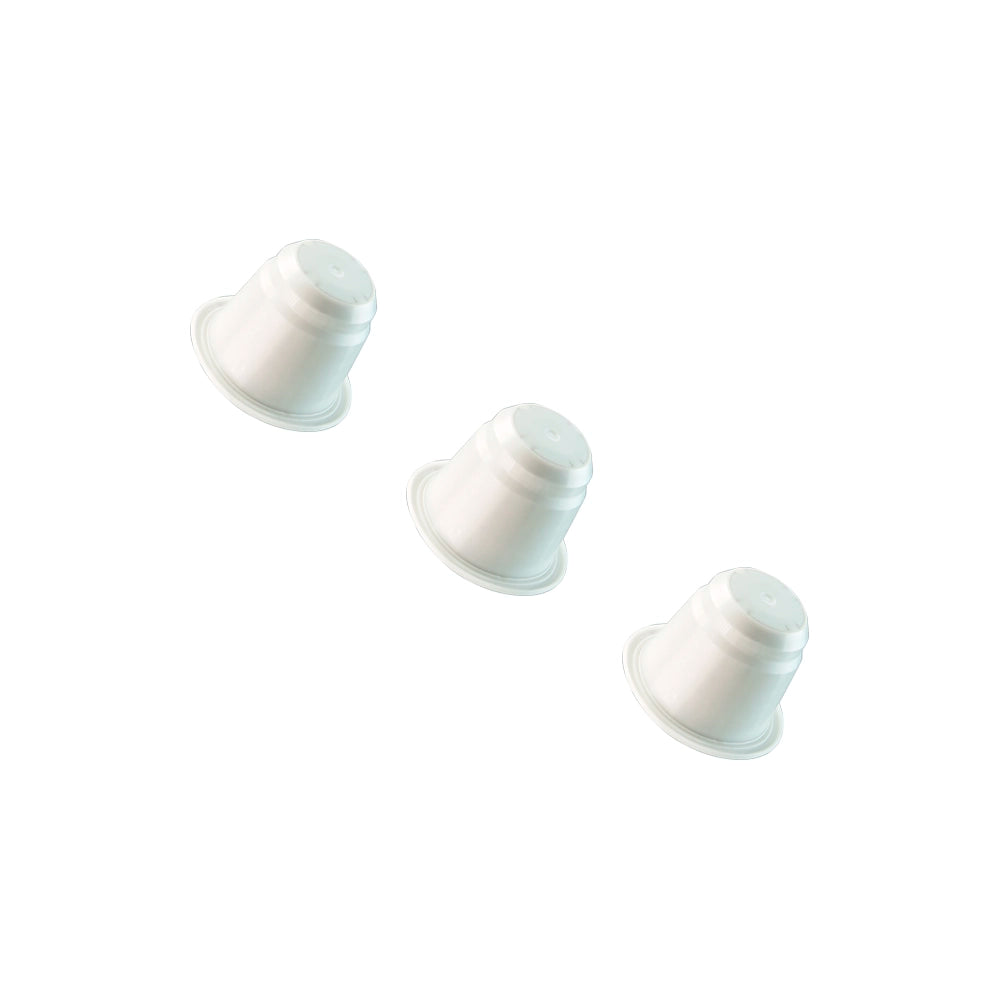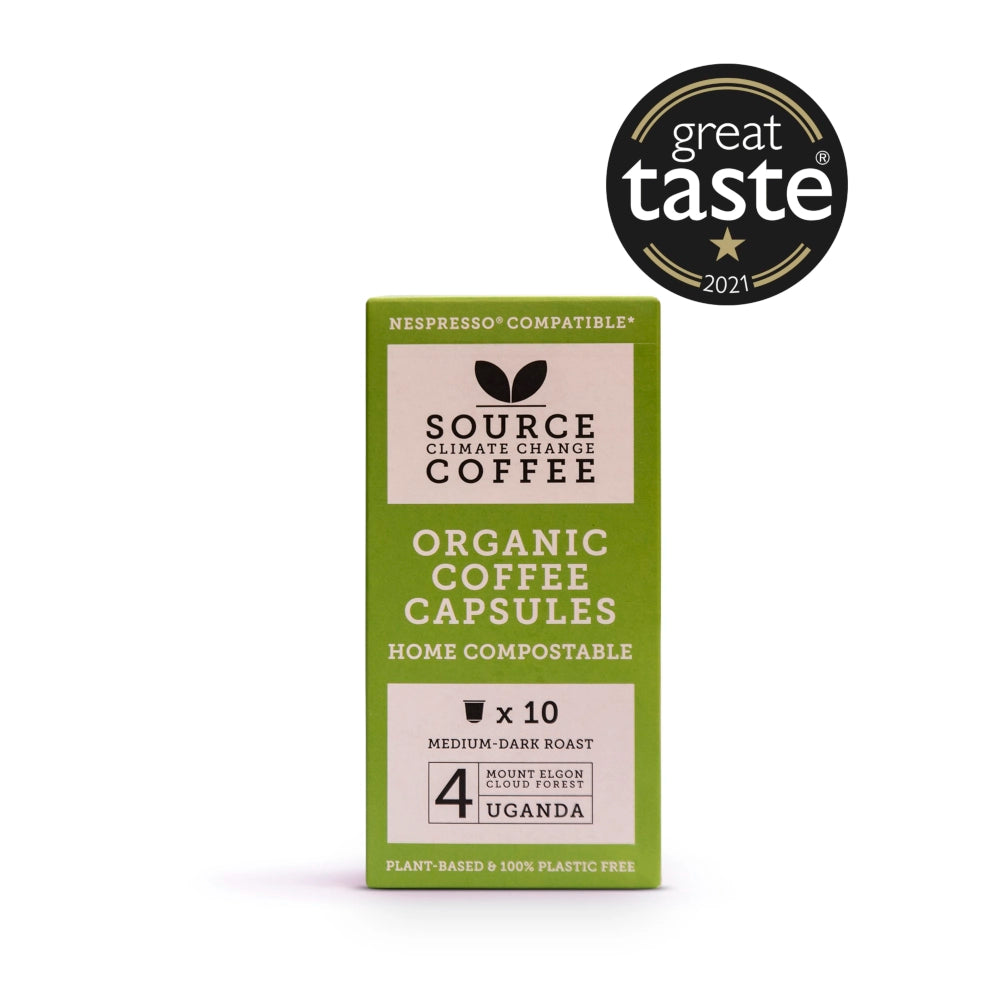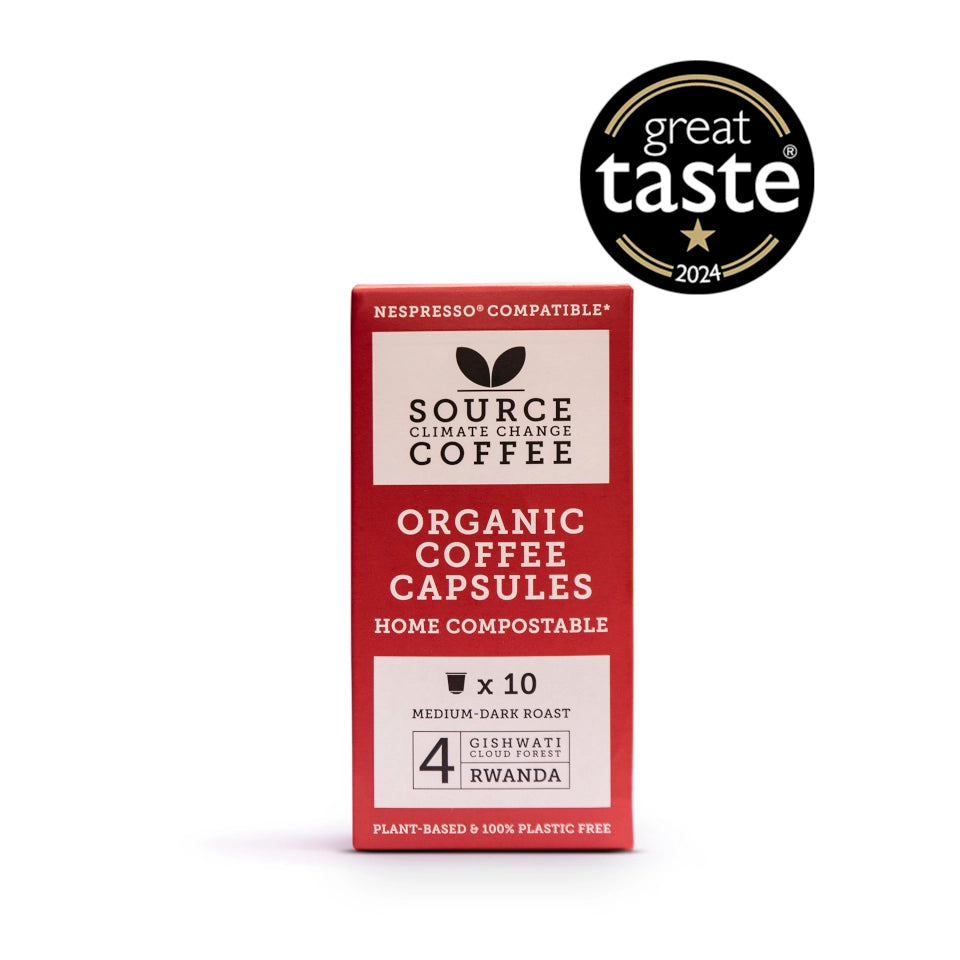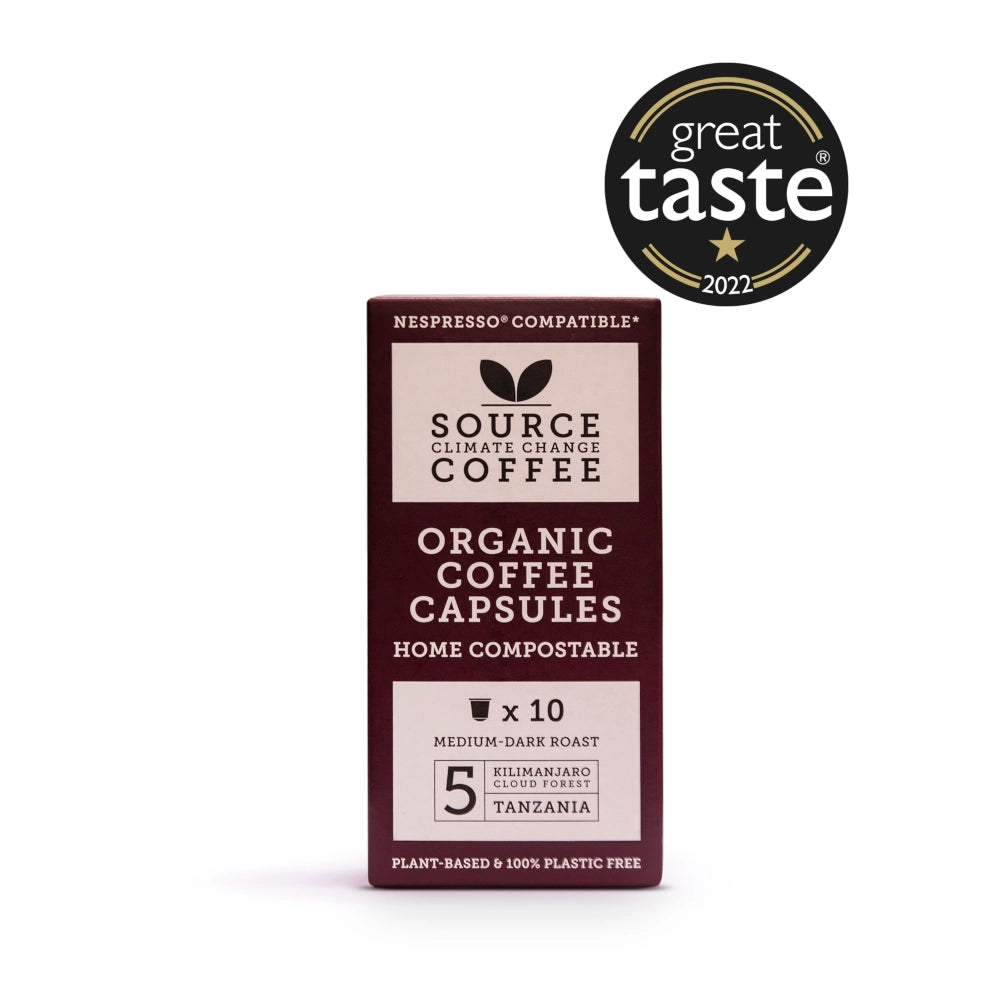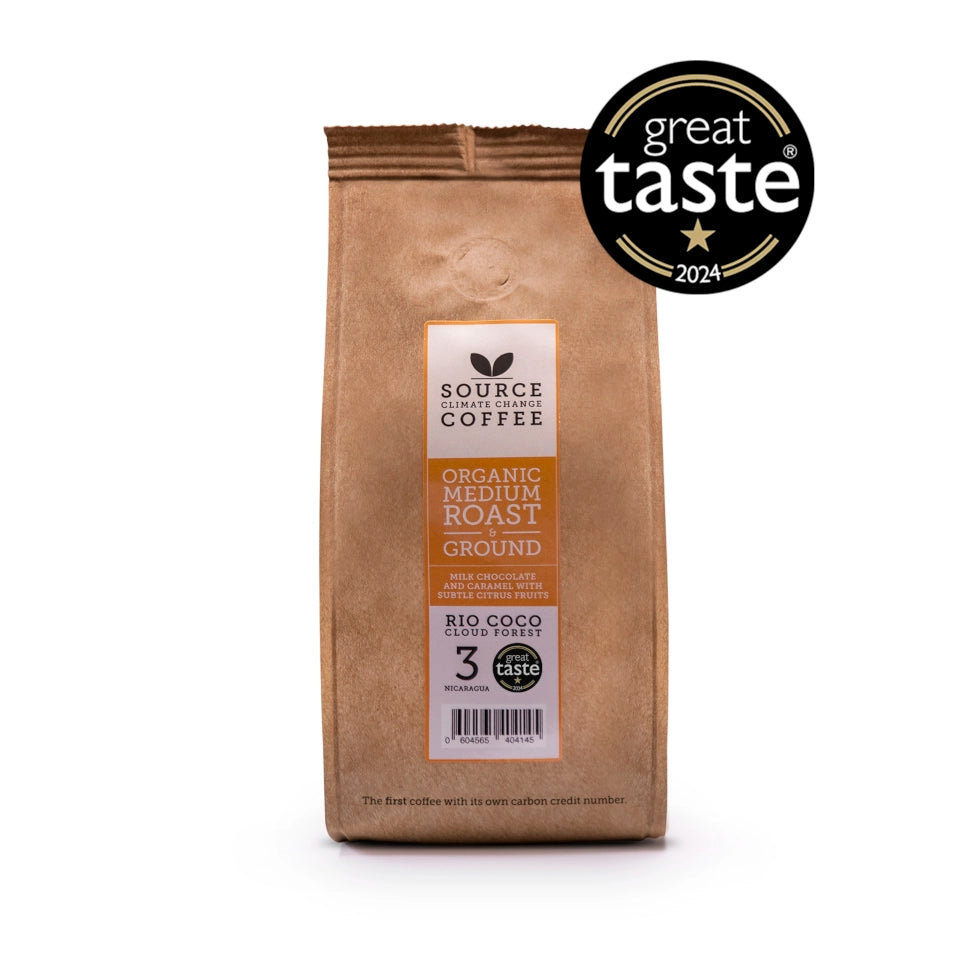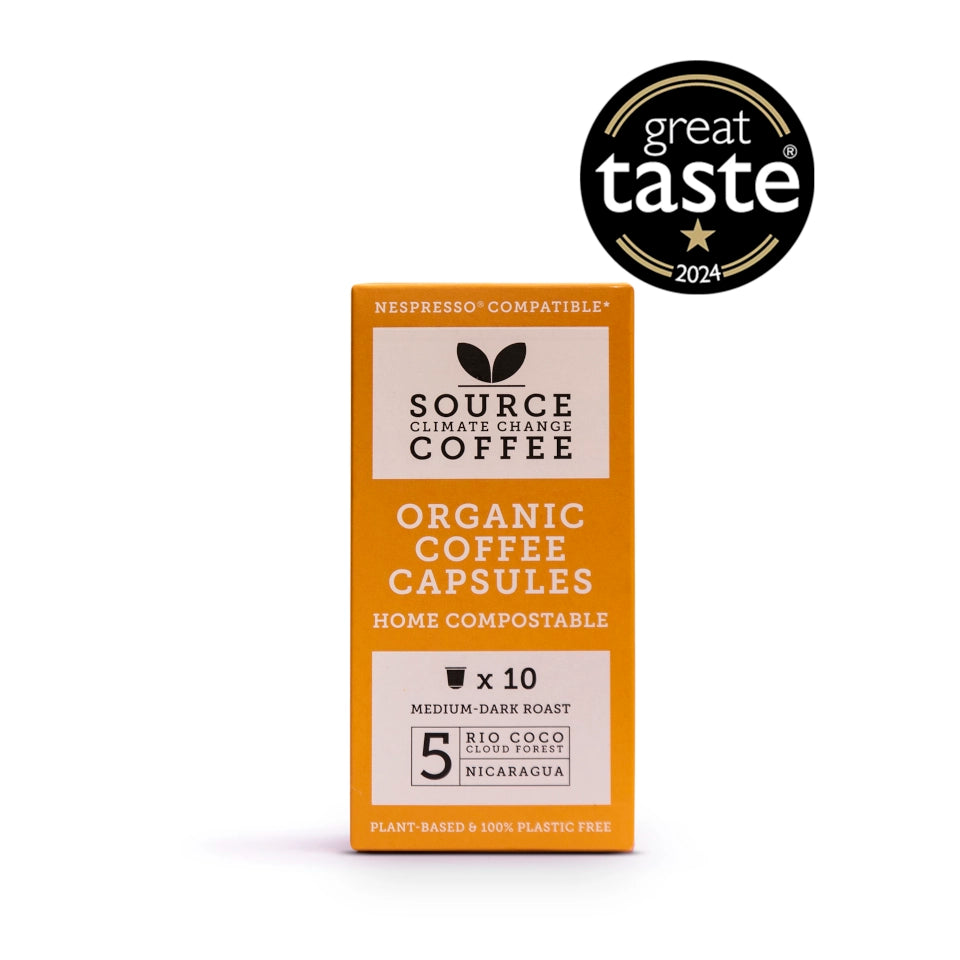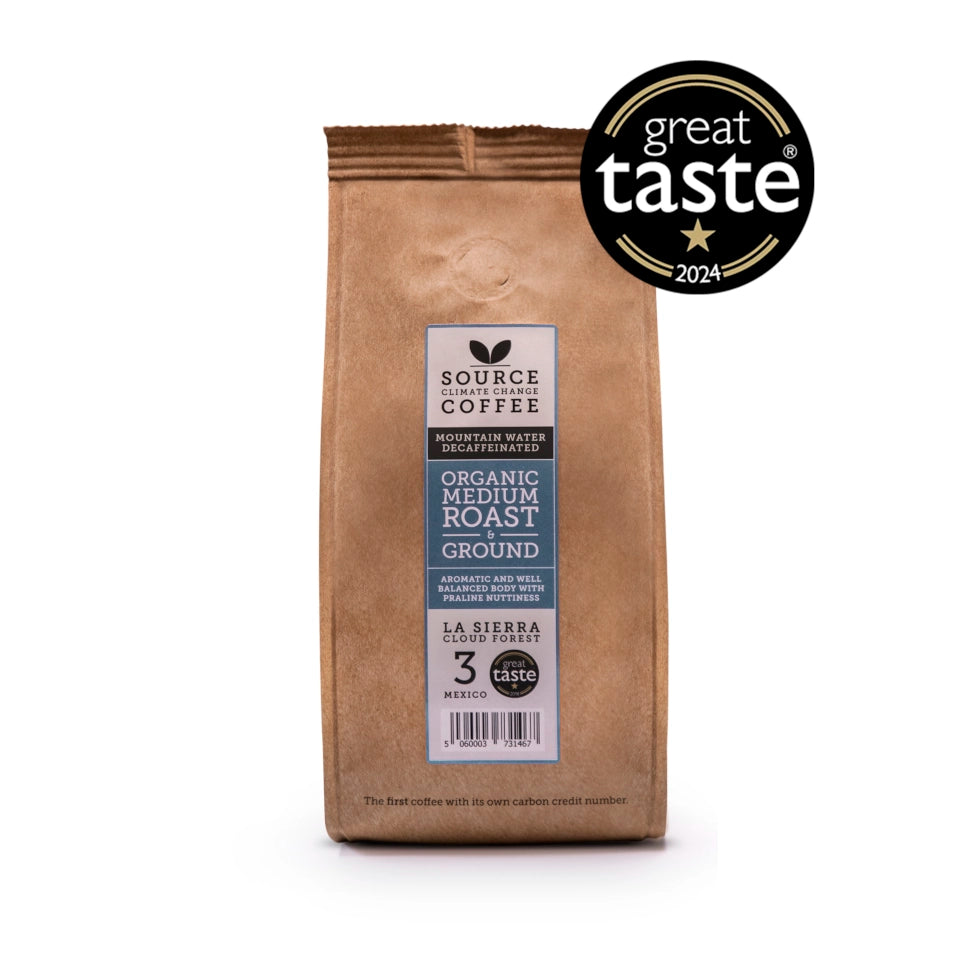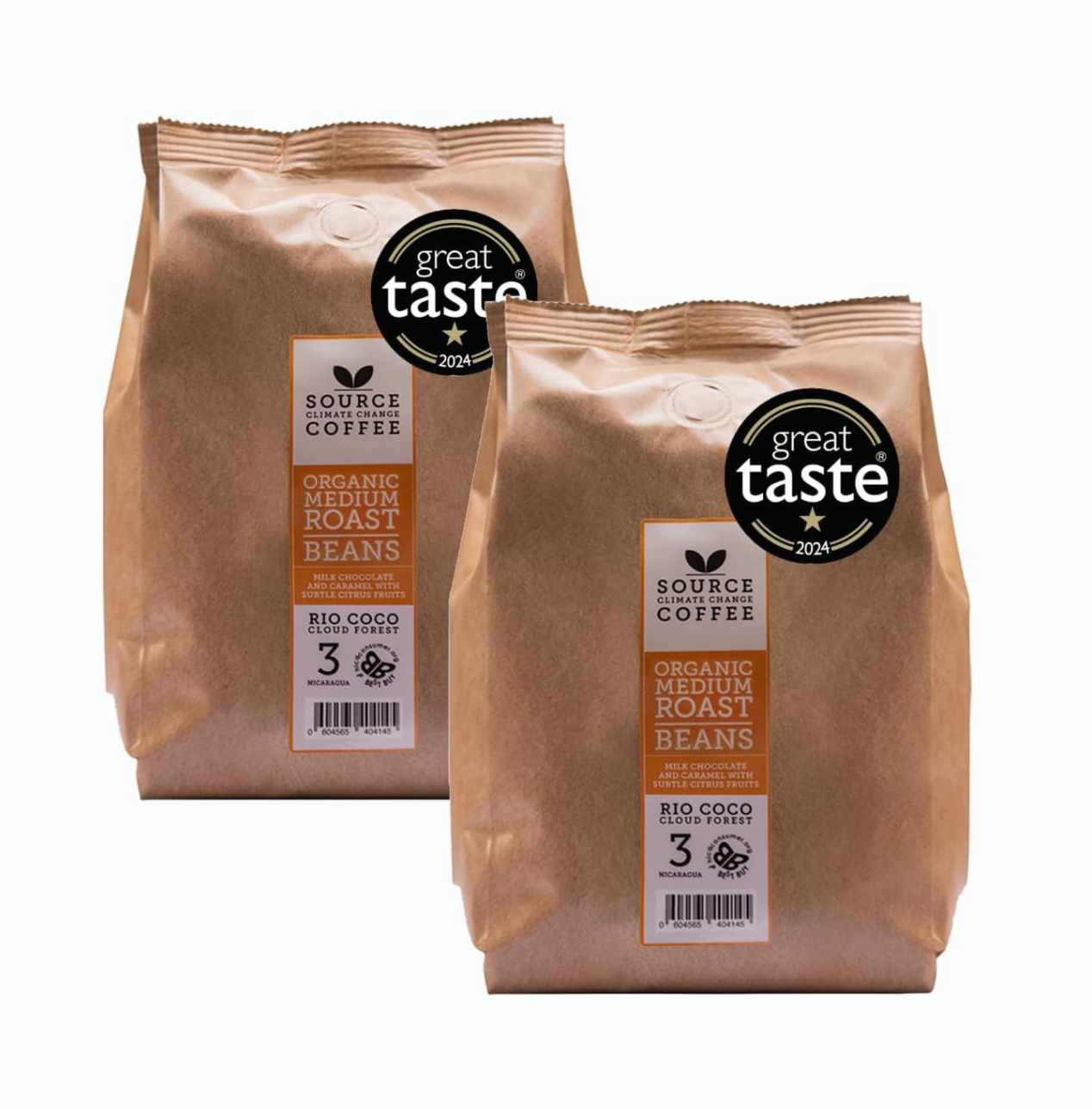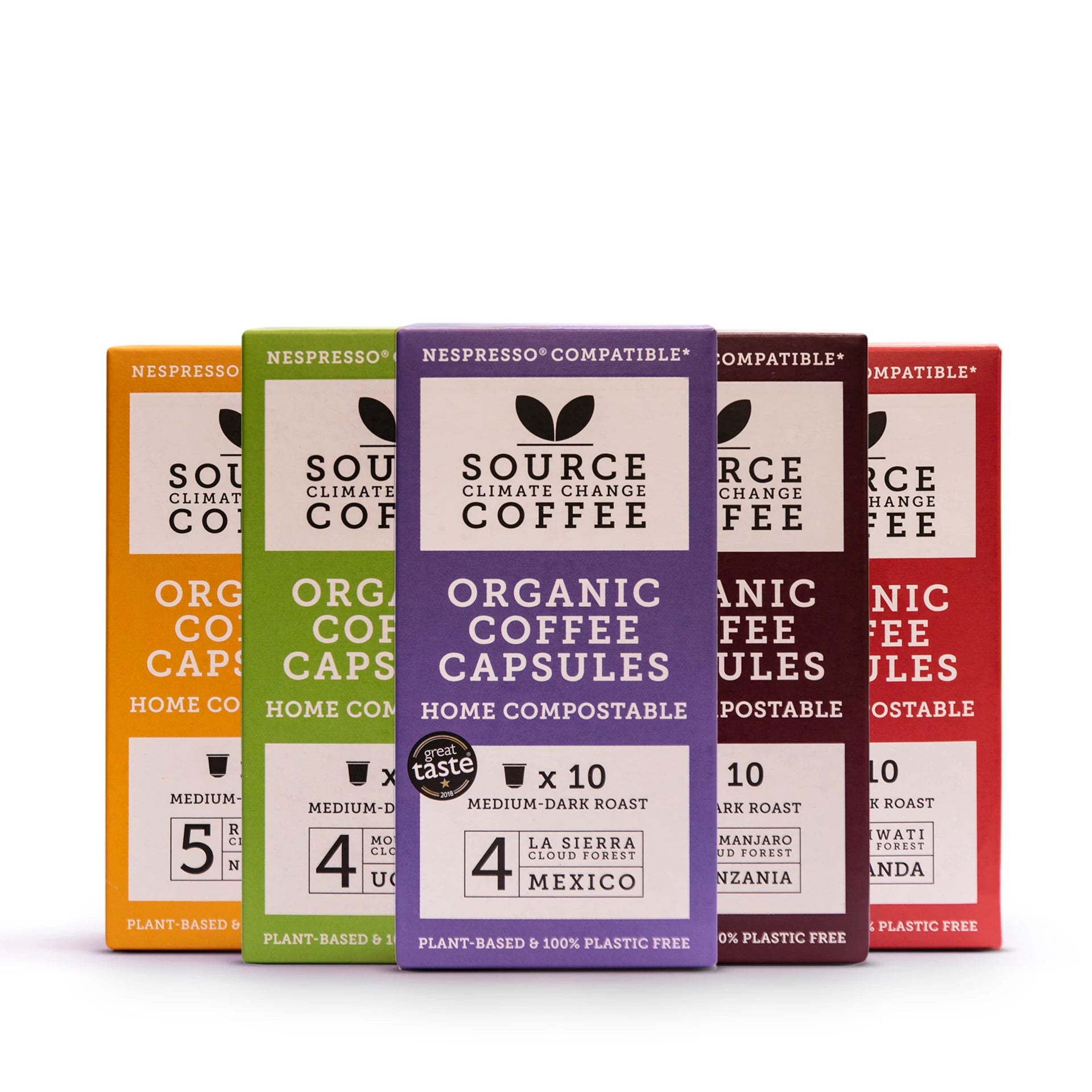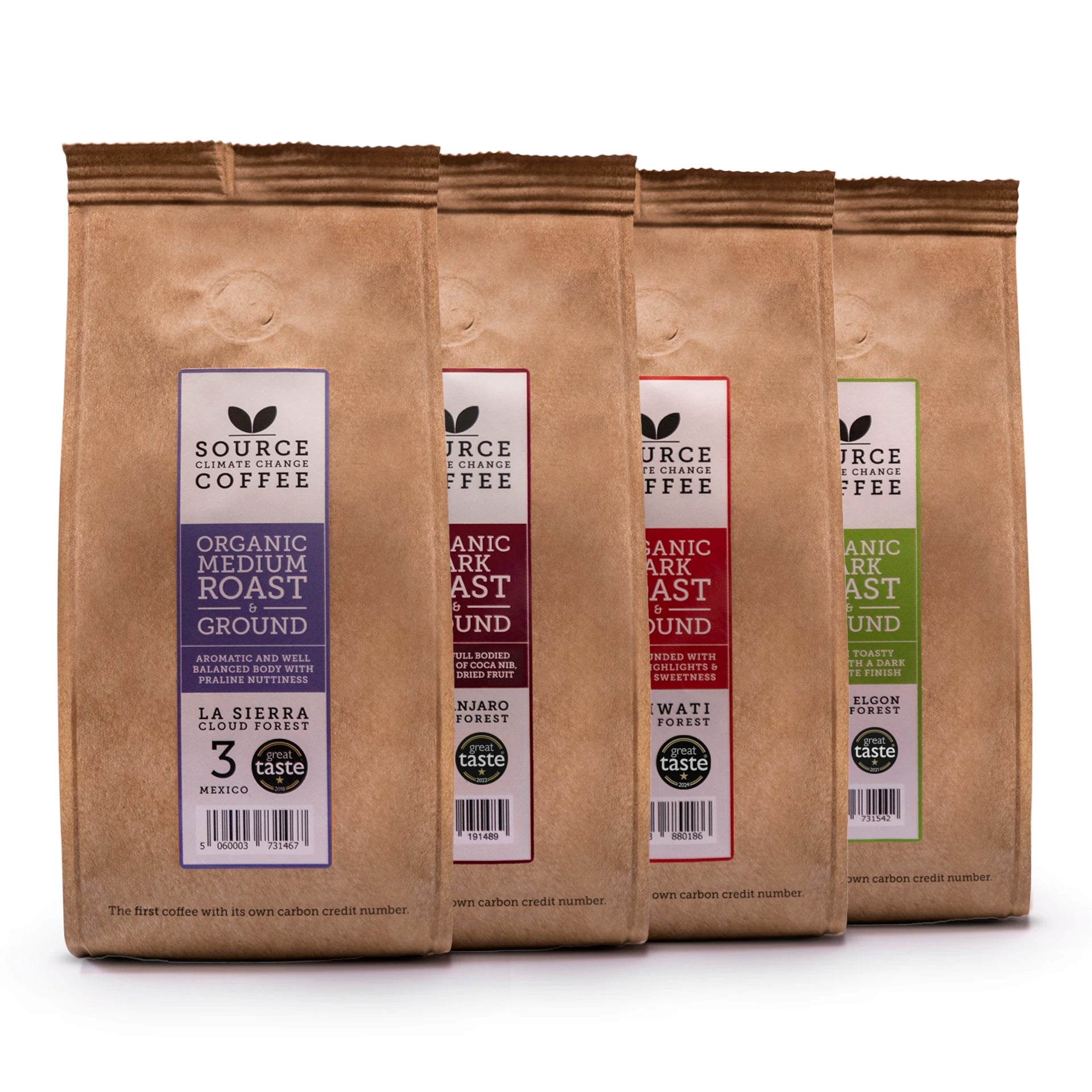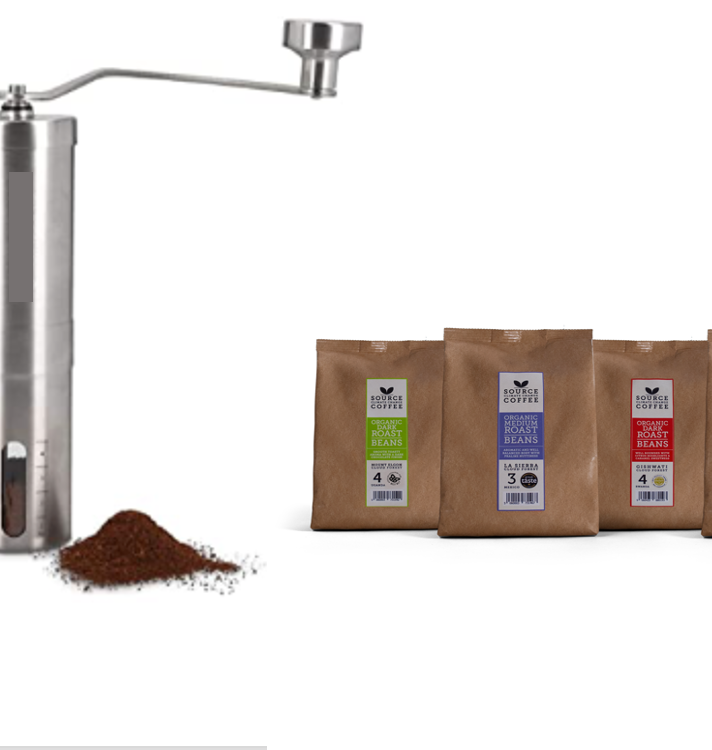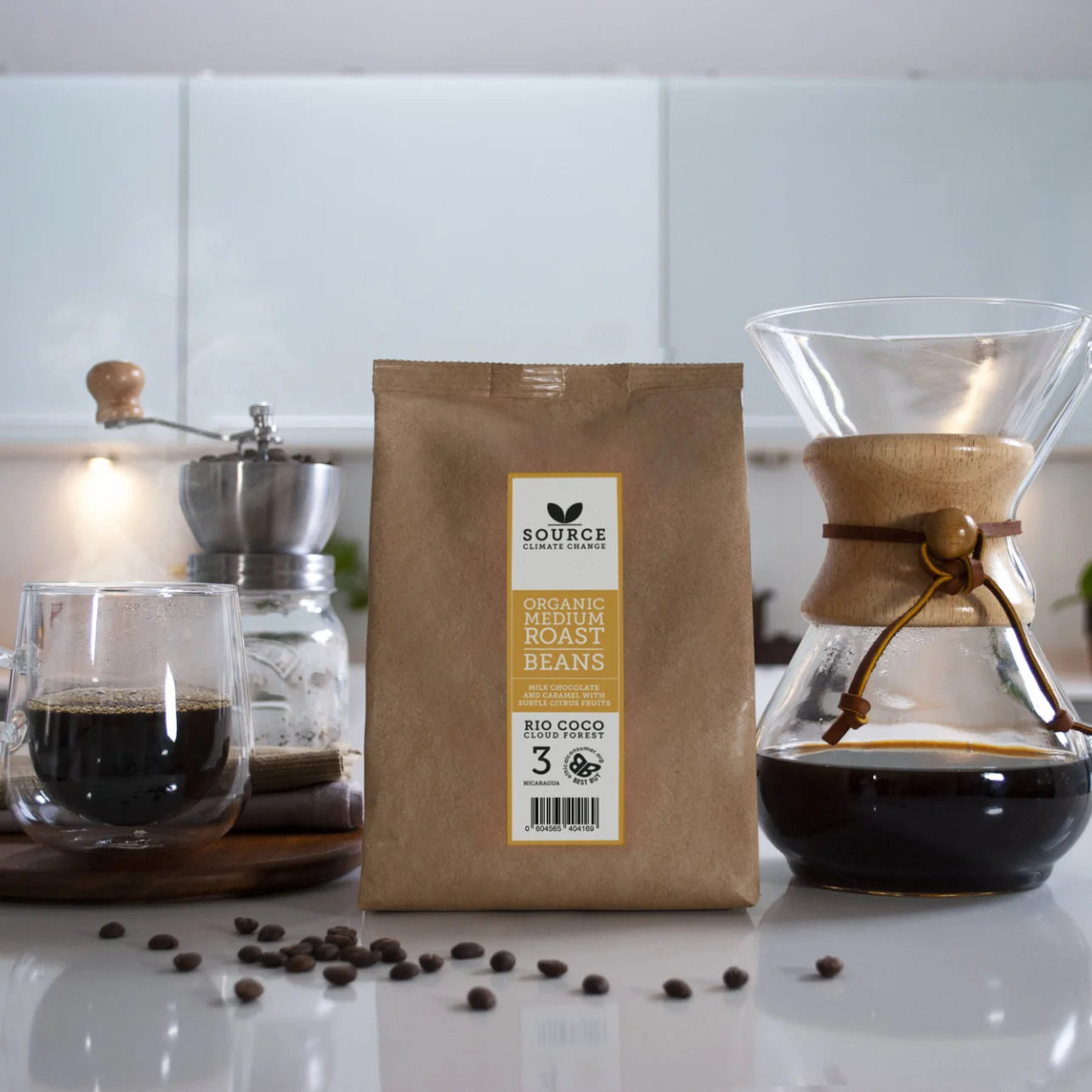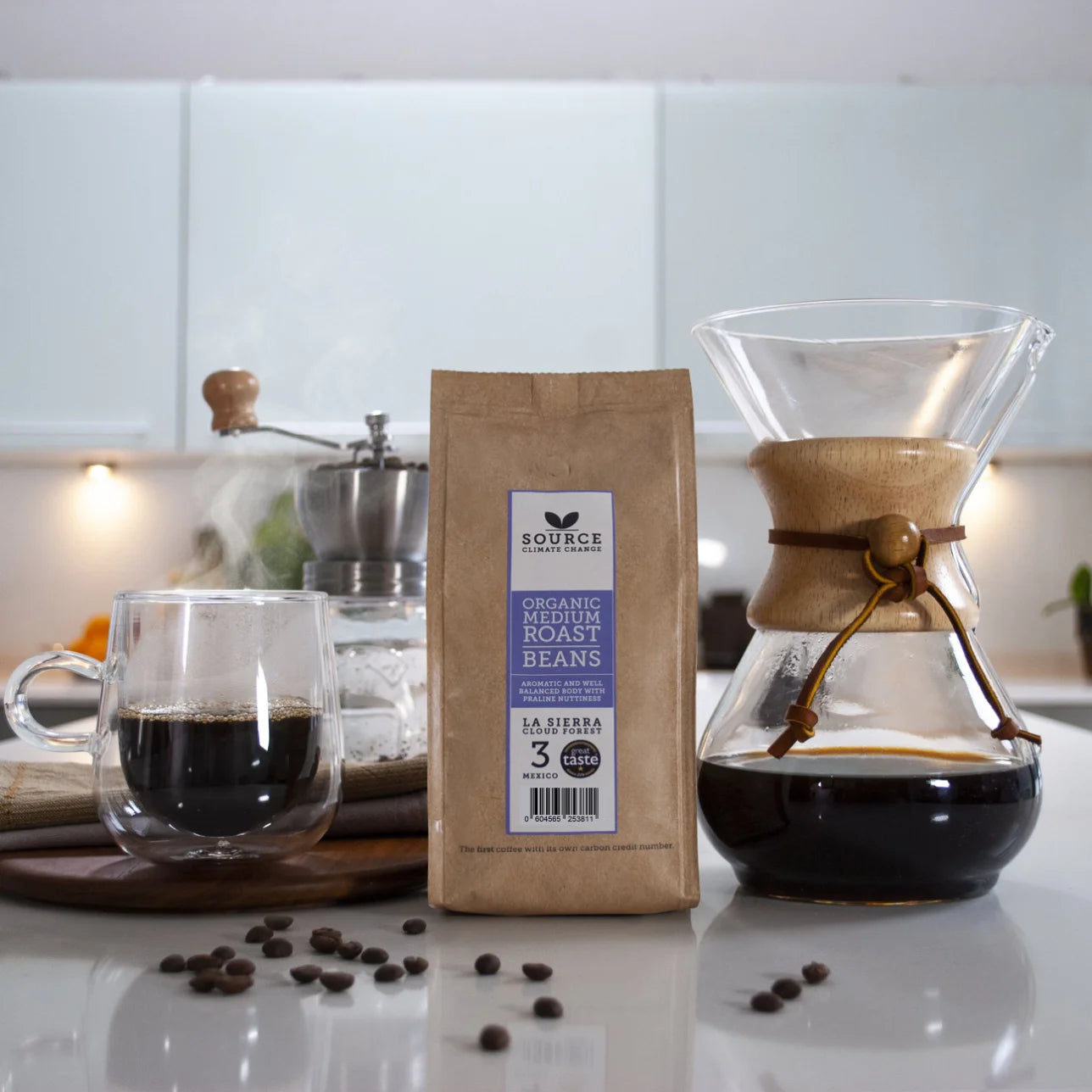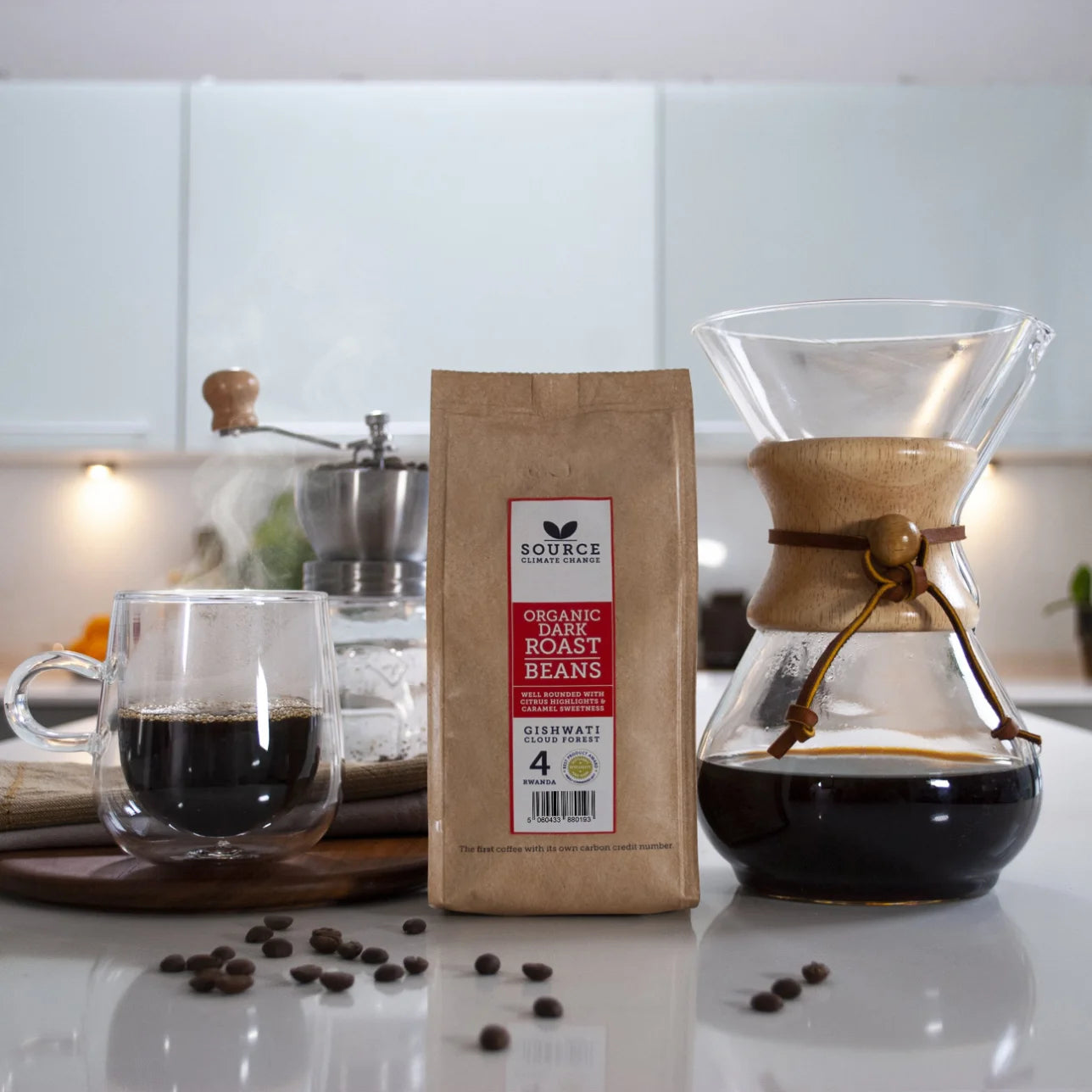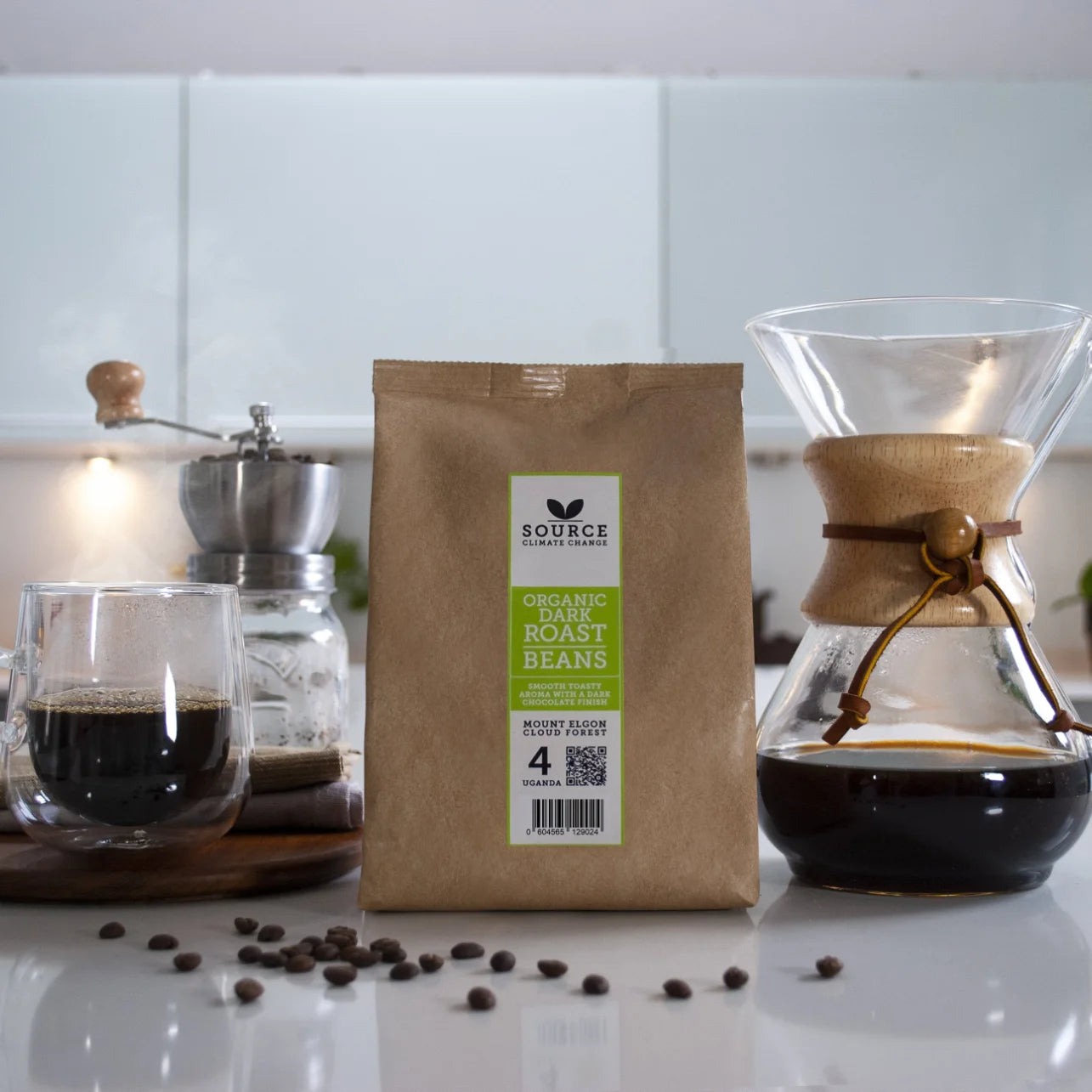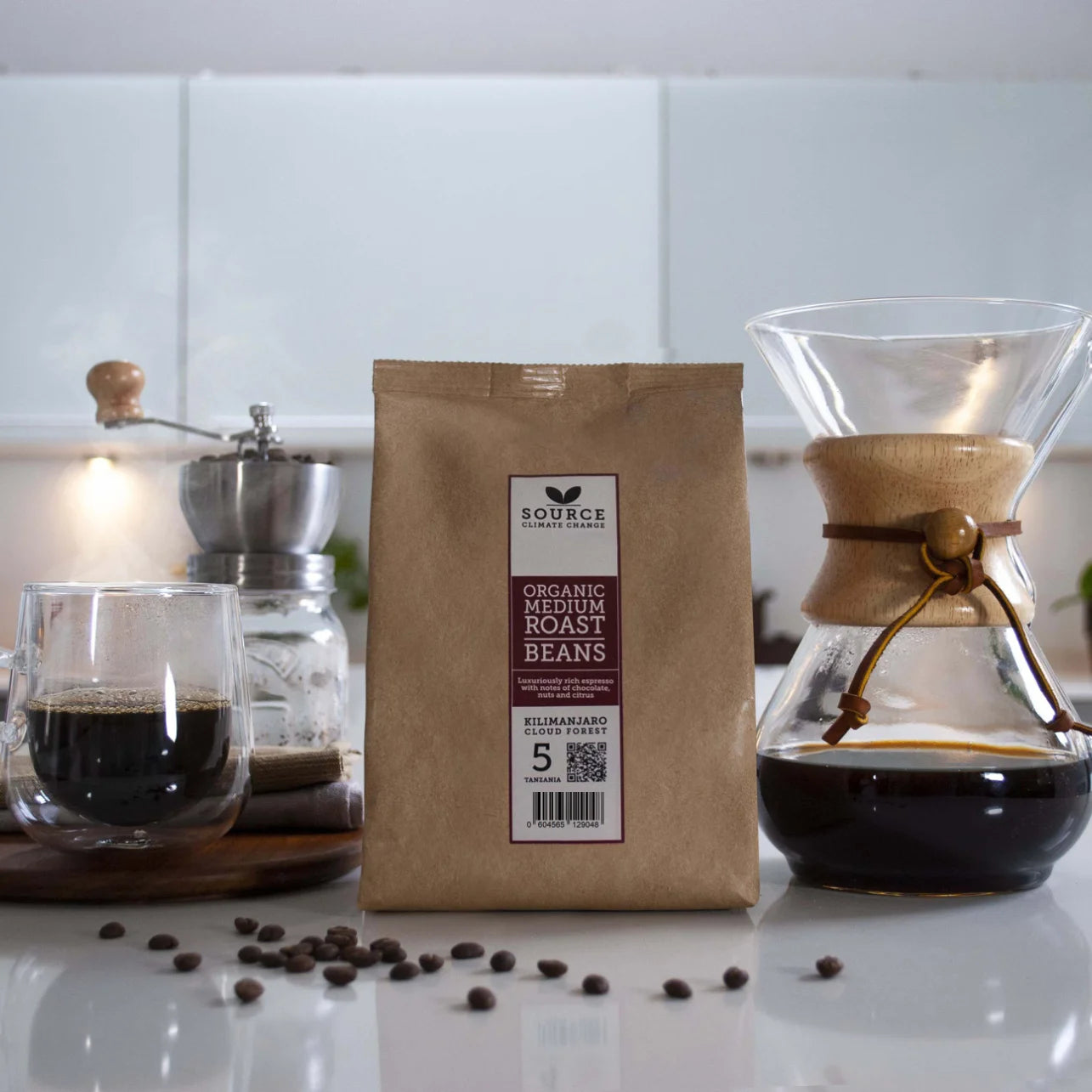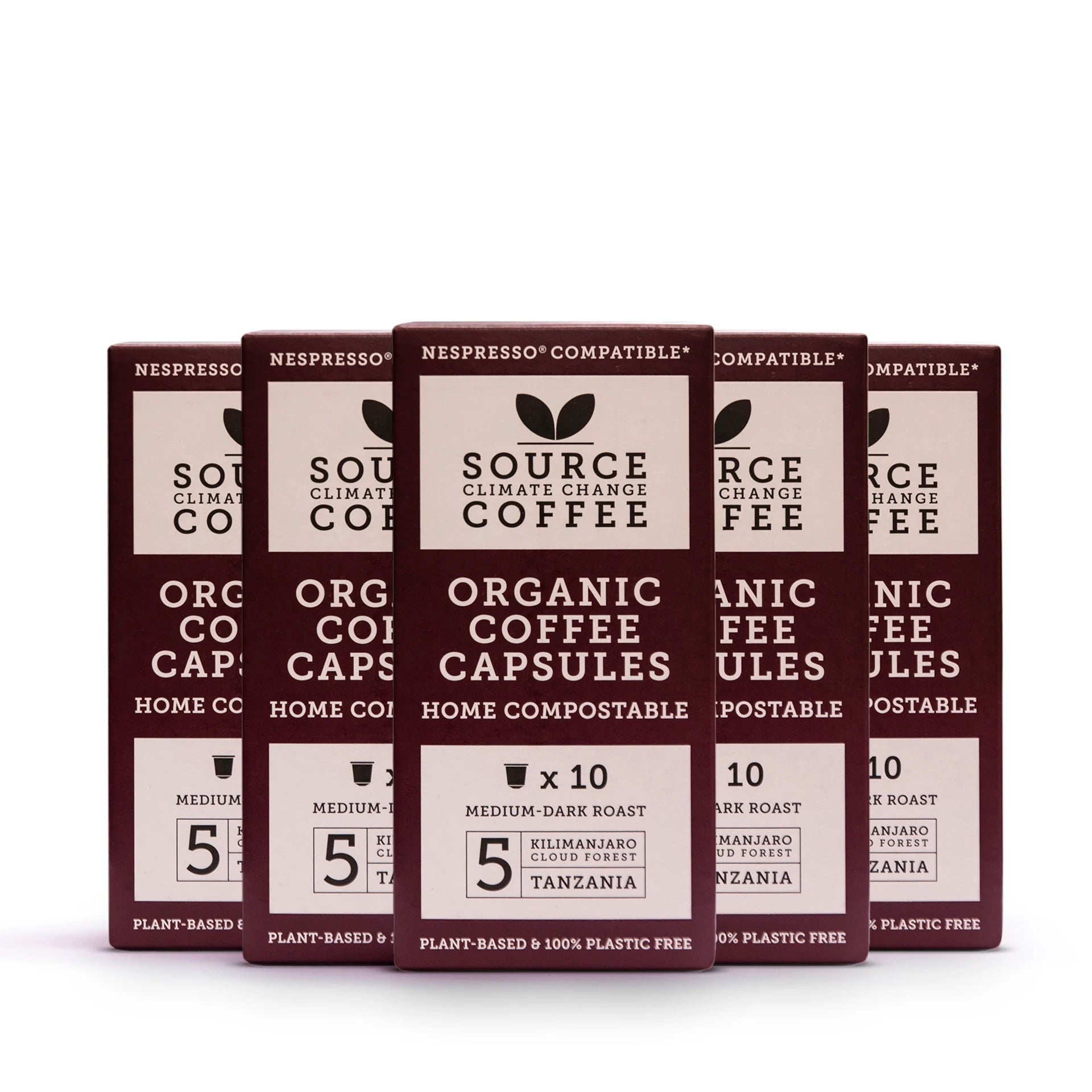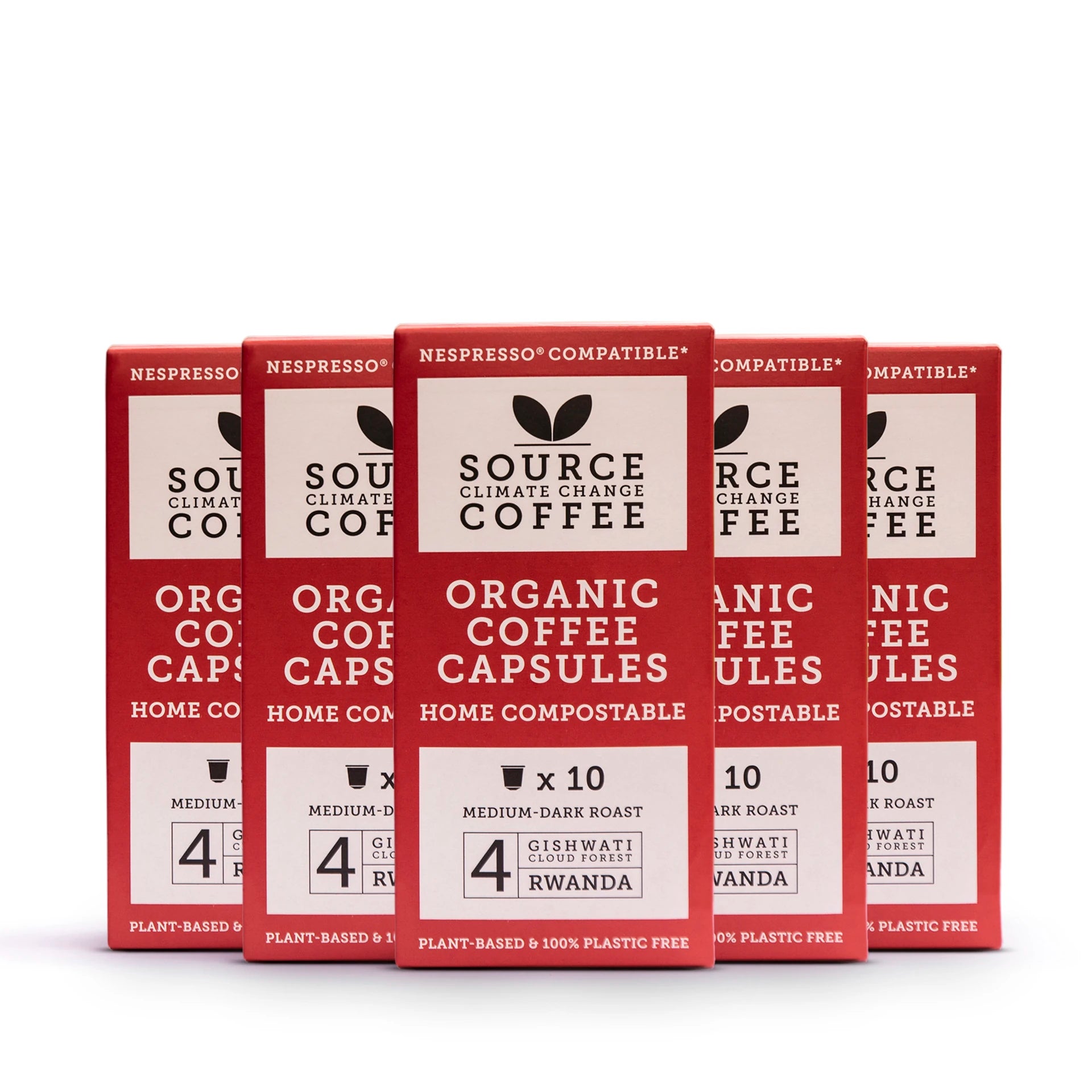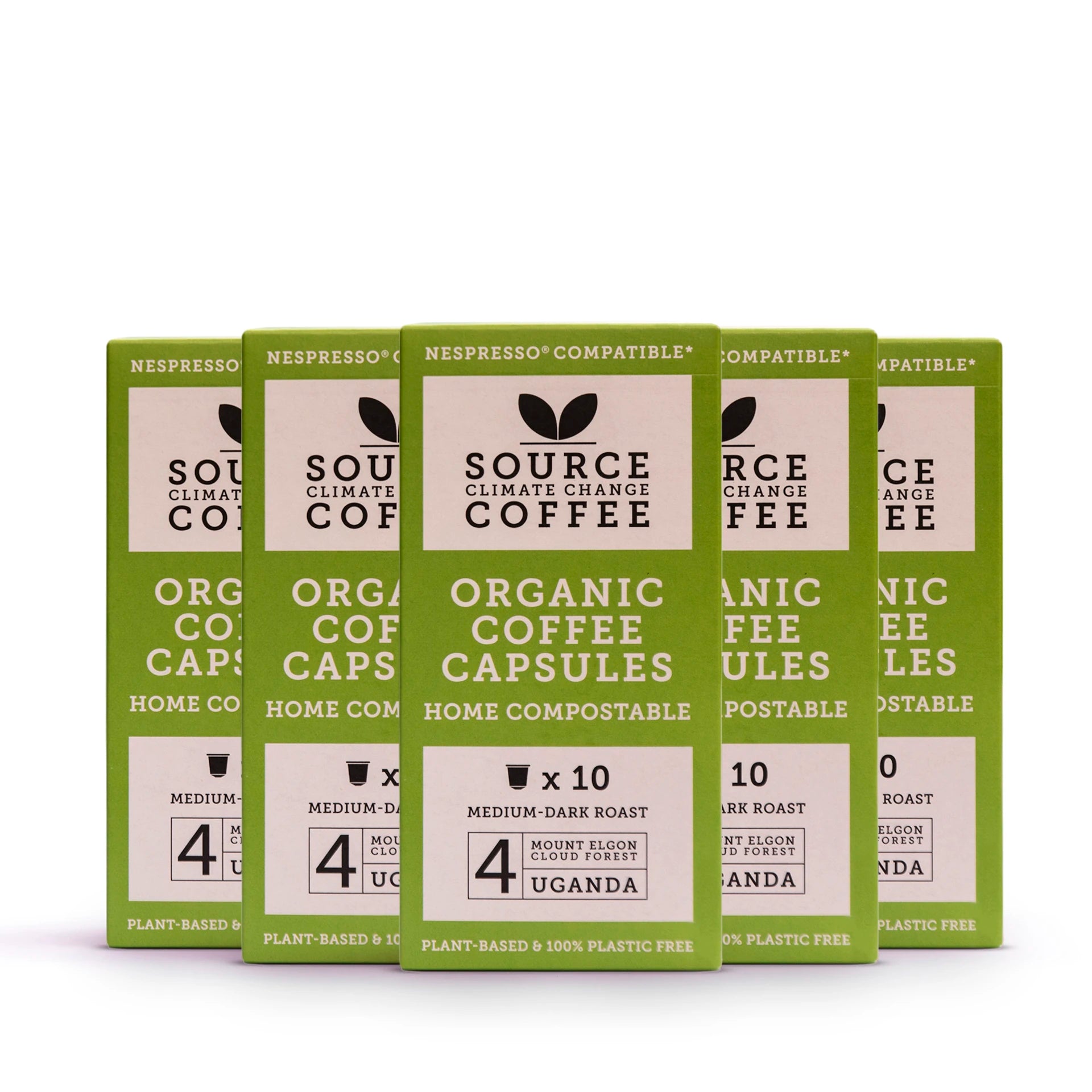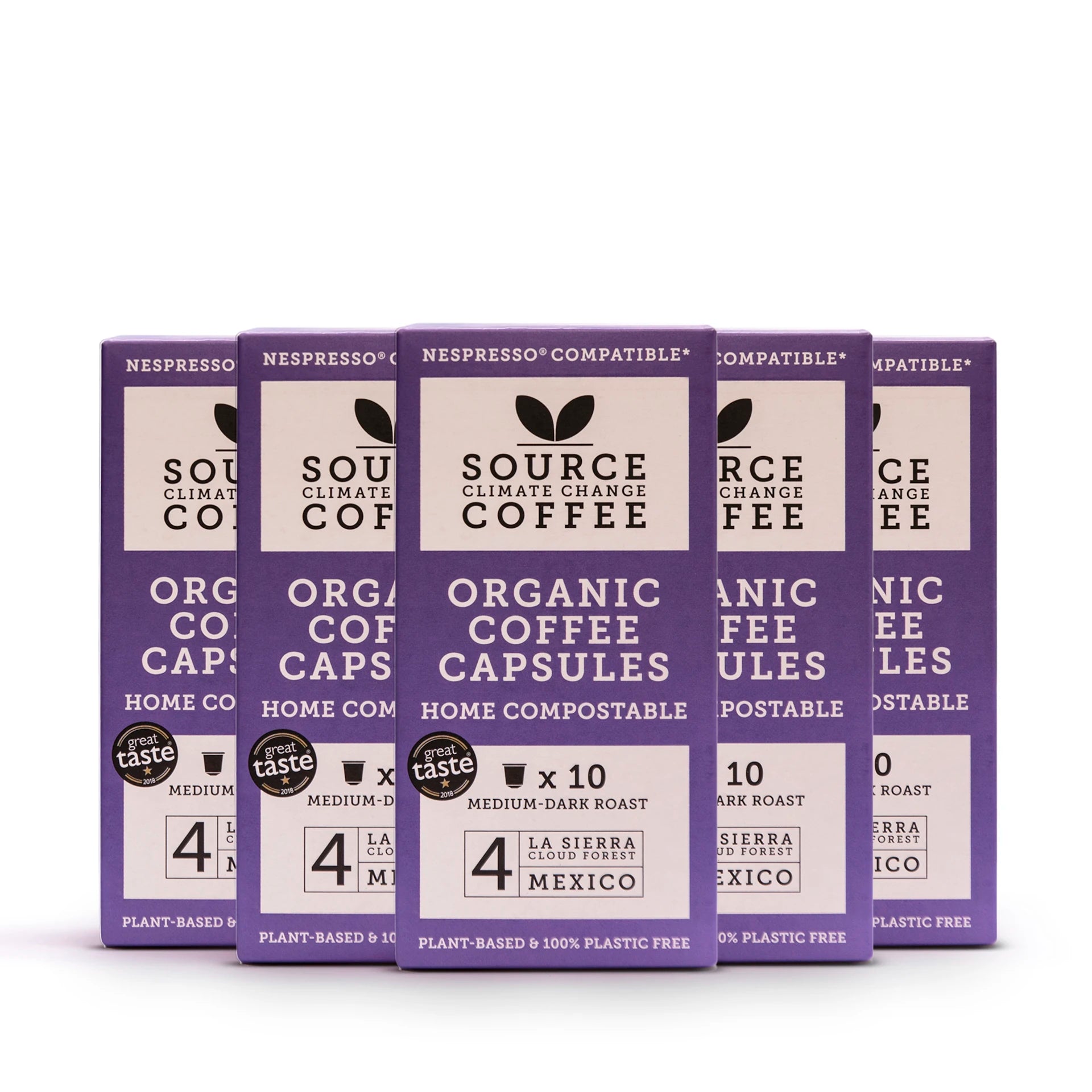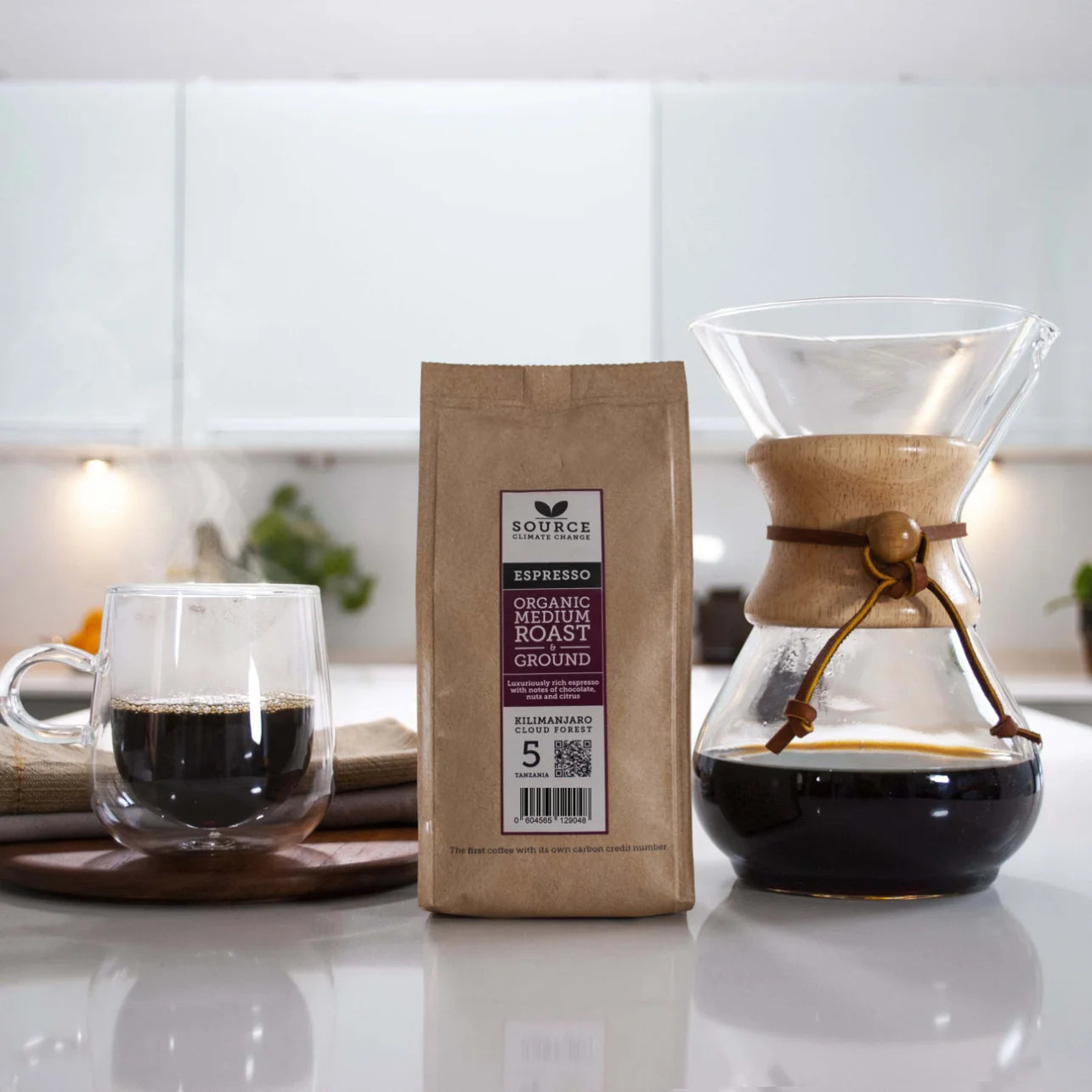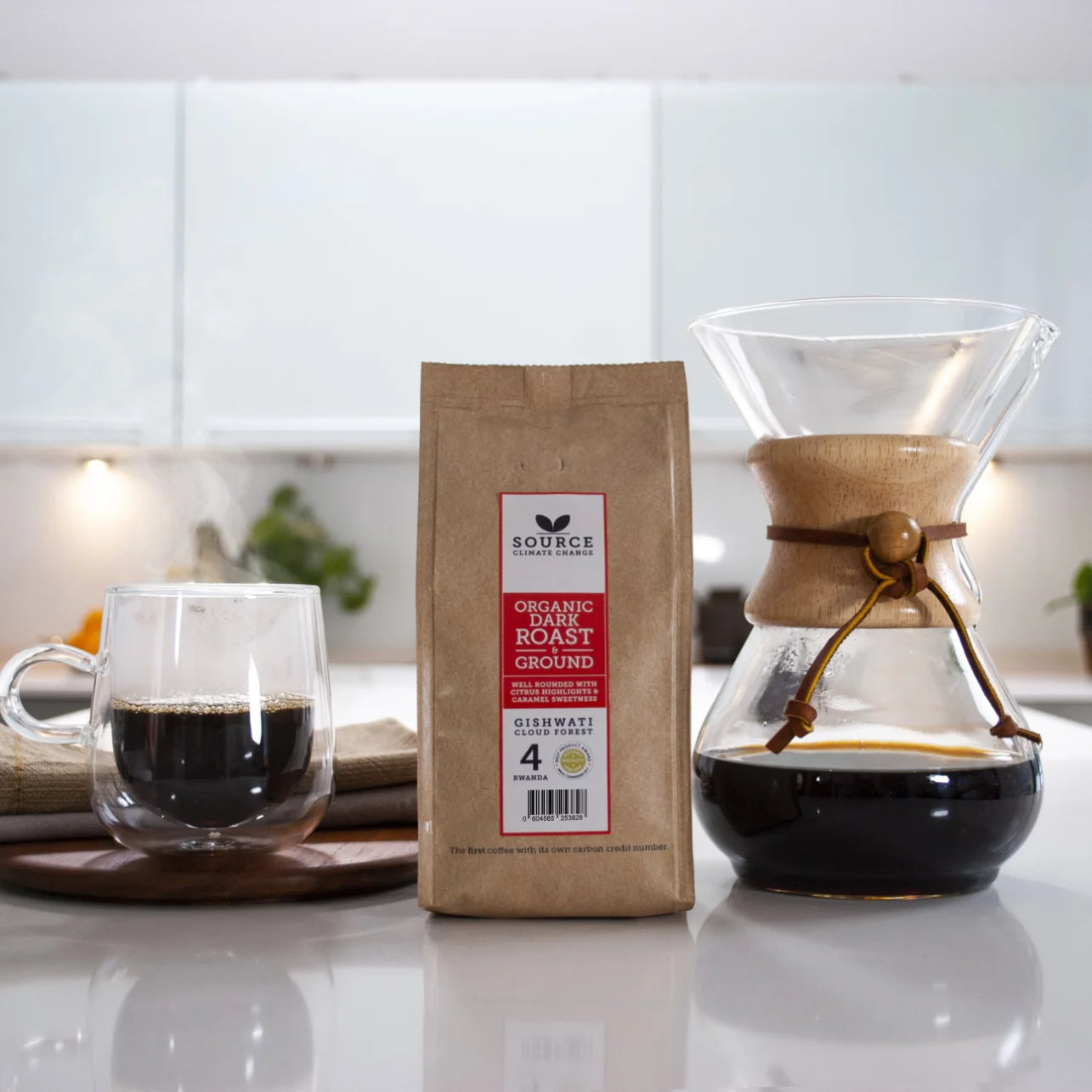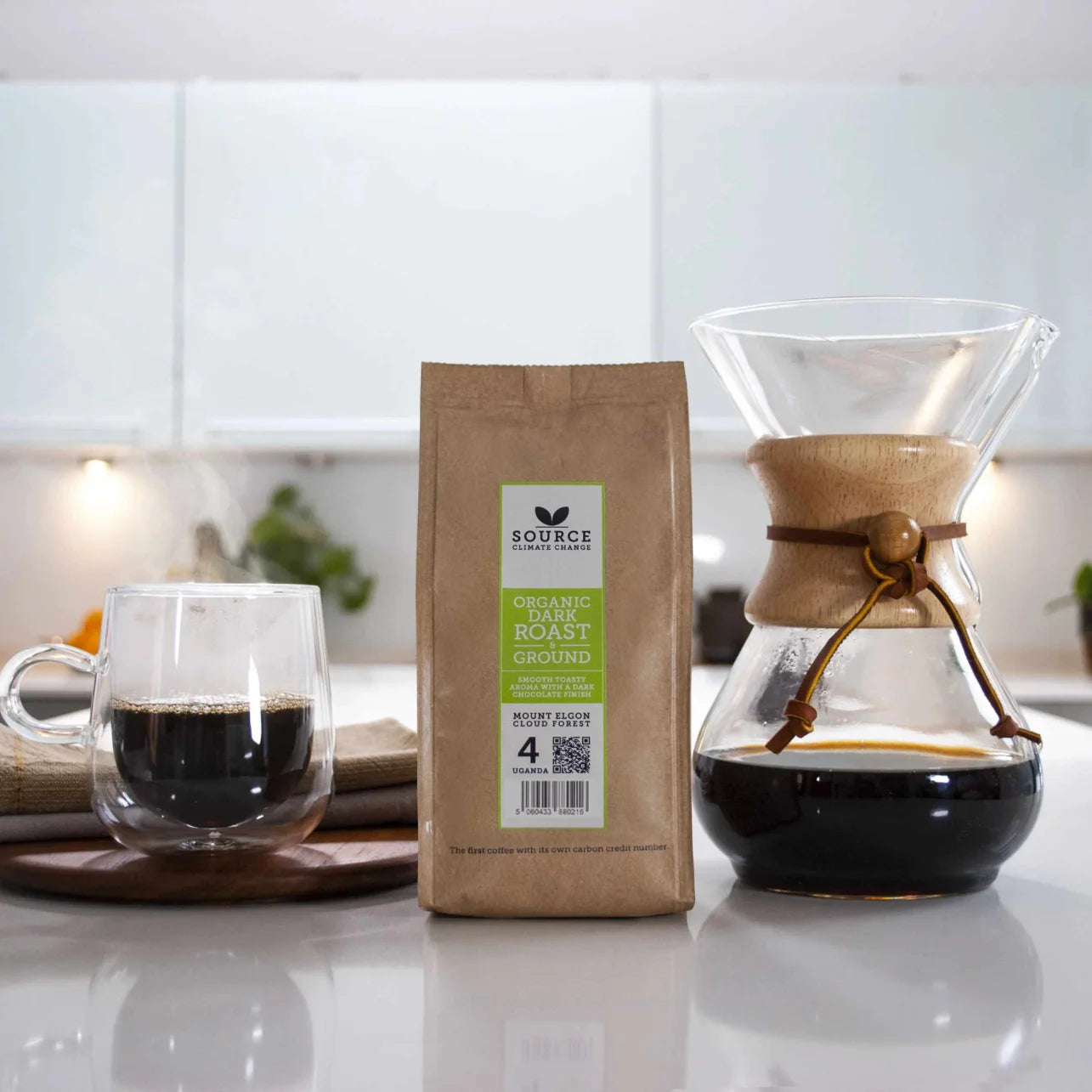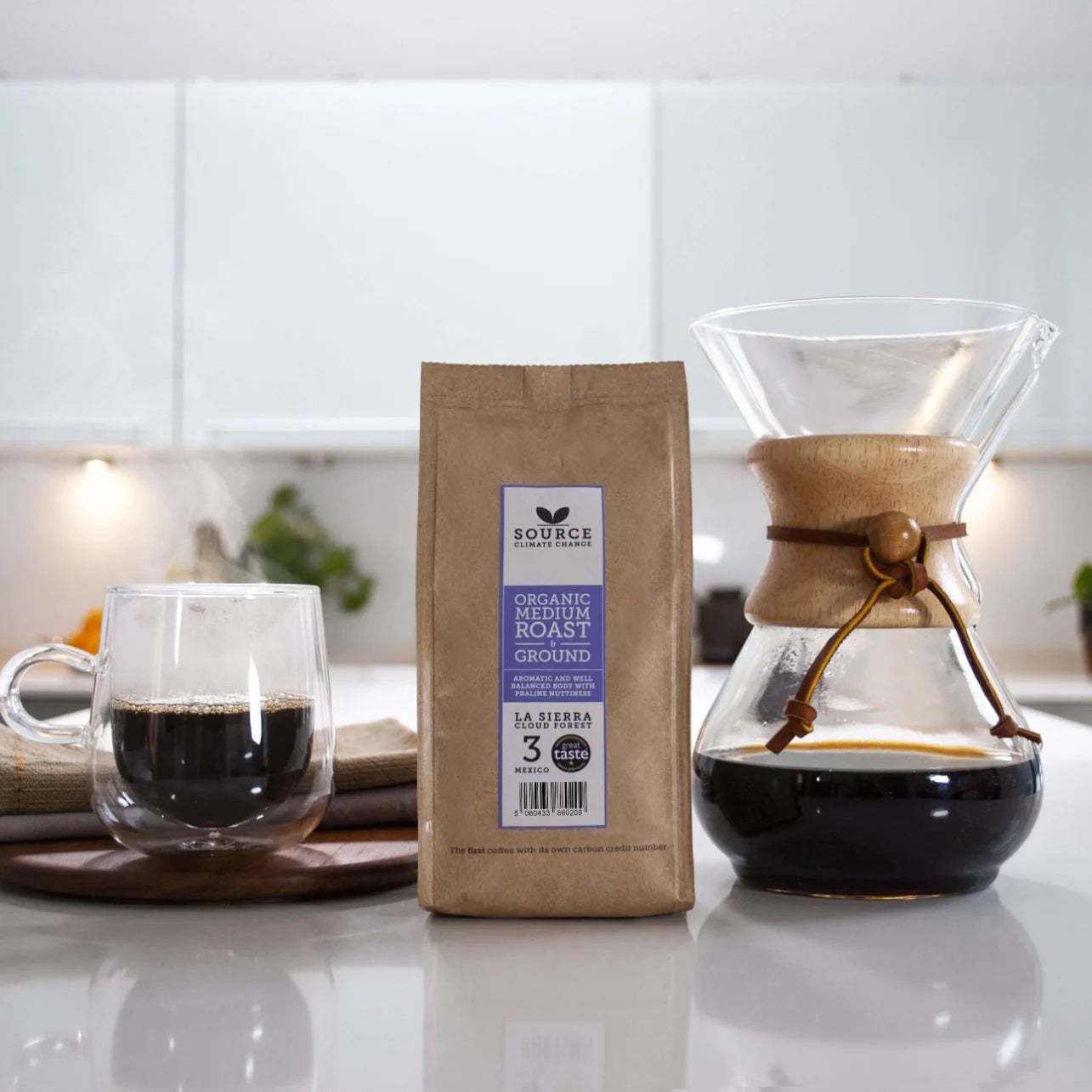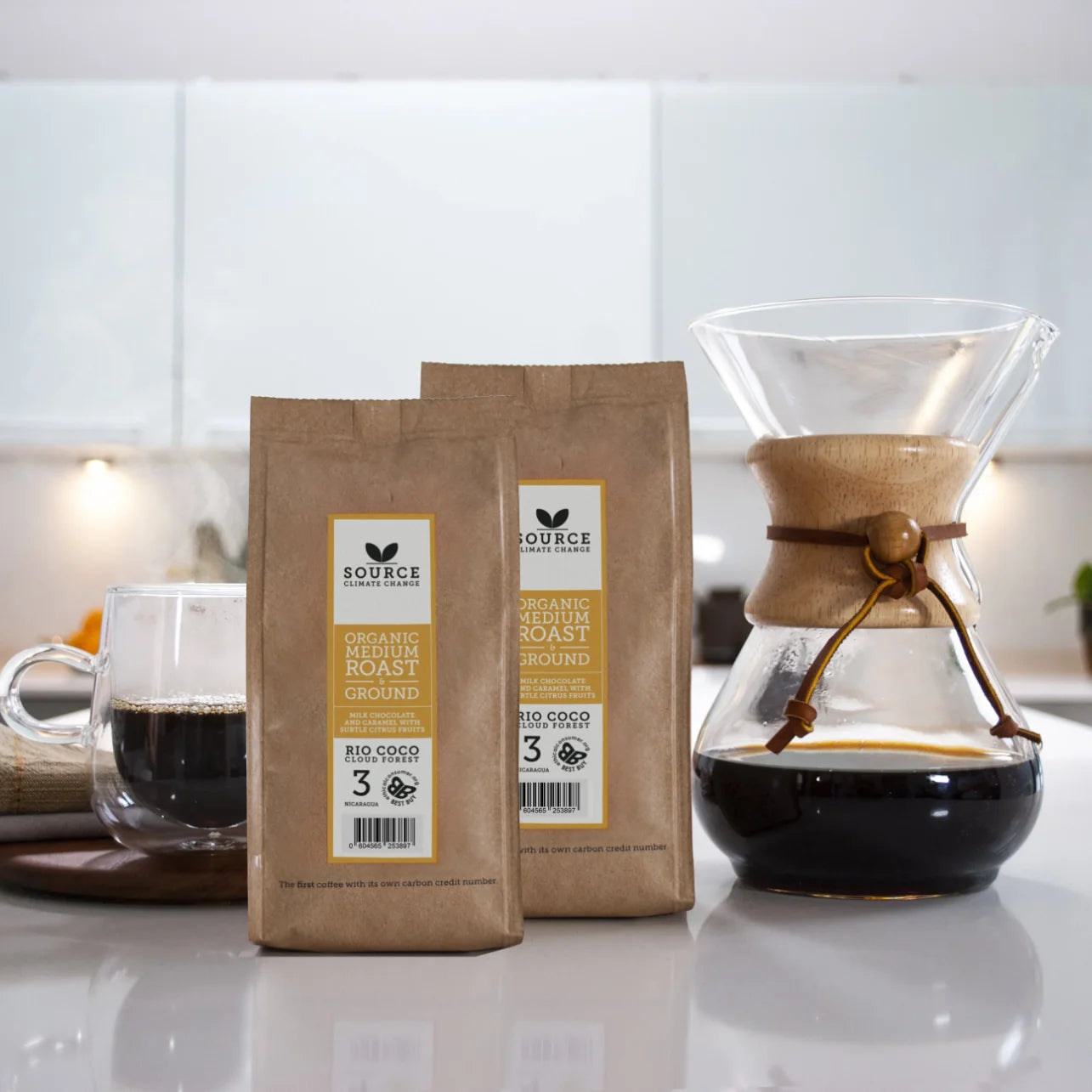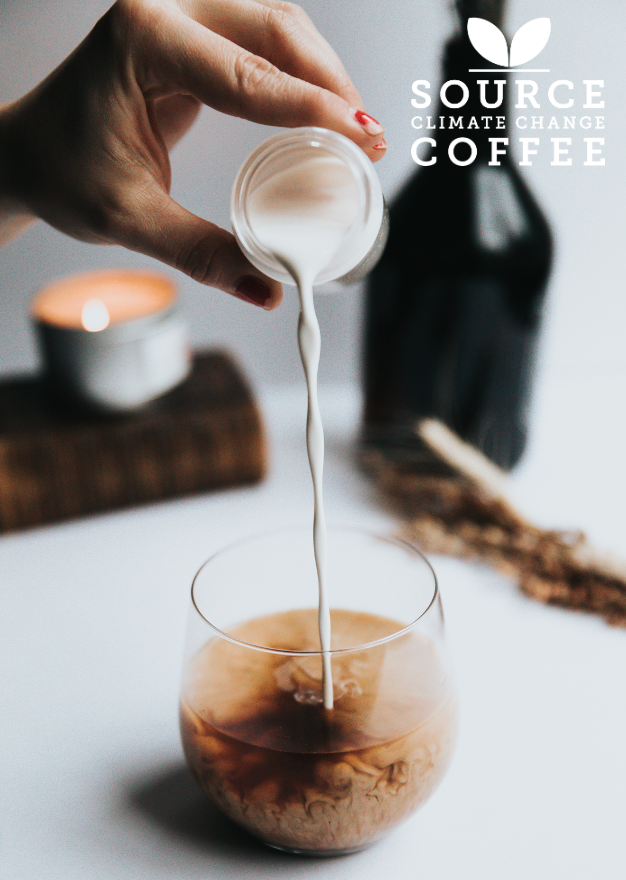
What are the Best Non-Dairy Milks for Coffee?

Reducing the amount of dairy products we consume can have a profound positive impact on the environment as it significantly reduces global methane and ammonia emissions.
Finding a like-for-like plant based alternative to milk in our coffee is not easy, however.
The combination of protein, fat and sugar in milk means that its bland, creamy flavour softens the bitterness of coffee beautifully, and allows it to be steamed and frothed to make drinks like lattes and cappuccinos.
Here we will go through what the best non-dairy milks are for coffee.
We will look at what the best non-dairy milks are to add to a filter coffee or Americano, as well as what your best options are for steaming and frothing milk.
What is the Best Non-Dairy Milk for Adding to Filter Coffee/Americano?
If you are looking to replace the dairy milk that you add to a black coffee, the two most important things that you want from a non-dairy milk are a neutral flavour and thick creamy texture.
The two best options for this type of use are: cashew milk and soy milk.
- Cashew Milk
Cashew milk is the creamiest of all the non-dairy milks and is therefore the best at “rounding out” the bitterness and acidity of coffee.
It has a less noticeably nutty flavour in comparison to other nut-based milks (notably almond milk) meaning that it is less likely to clash with your coffee.
Cashew milk is naturally sweet. Unless you usually add sugar or sweetener to your coffee you should stick to unsweetened cashew milk.
The only downsides of havin cashew milk in your coffee is that it is relatively more expensive and higher in fat than other non-dairy milks.
If you drink multiple cups of coffee a day then you might want to look towards a cheaper and lower fat alternative.
- Soy Milk
Soy milk has been a long time favourite in coffee shops due to its neutral flavour. Soy milk will create a white coffee that tastes most like coffee with dairy milk.
If you have soy milk in your coffee, then you should be mindful that it can curdle under high temperatures.
You should therefore let your coffee cool down for a minute before you add soy milk to it in order to avoid this from happening.
Although soy production does contribute to carbon emissions, it is still far more environmentally friendly than farming livestock.
What about Almond Milk?
Almond milk is one of the most popular dairy alternatives, however I wouldn’t recommend it for coffee.
Not only does almond have a strong nutty flavour that does not go well with coffee, but it also curdles easily when exposed to heat.
All-in-all it's just a poor fit with coffee.
What is the Best Non-Dairy Milk for Frothing and Steaming?
In order to froth well, non-dairy milk needs to have a high protein content as the frothy texture of milk based coffee drinks is created by stretching of these proteins.
The best non-dairy milks for frothing are therefore oat milk and soy milk.
- Oat Milk
Oat milk is the best milk for frothing due to having a relatively high level of fat and protein in comparison to many other non-dairy milks.
Oat milk is also less prone to curdling in coffee than most of the other non-dairy milks due to its slight acidity. Therefore you can use it with lighter roasted coffee without the risk of it curdling.
The milk can split quite easily under intense heat, which is why I prefer not to pour it directly in a filter coffee or Americano.
- Soy Milk
Soy milk is another good milk for frothing as it has the highest protein content of all the non-dairy milks.
Soy milk is not quite as thick as oat milk, so I prefer to use oat milk for frothing. However, given that soy milk can be poured directly into coffee without much risk of splitting, it is the most versatile dairy-free milk to have with coffee.
Are Barista Milks Worth It?
In the last couple of years “barista” non-dairy milks have emerged onto the market.
These products claim to be designed for being frothed into milk-based coffee drinks. Barista oat milks are particularly common at the moment.
What separates barista milks from regular non-dairy milks is that the former have additional fat added, usually from vegetable oil.
This added fat does make the milk easier to froth, and give it a creamier texture when you add it to coffee.
That being said, it's still possible to froth standard oat and soy milk (it just takes a bit longer to do so), so if you are watching your fat intake then you may just want to stick with these.
Wrapping Up
Drinking coffee with non-dairy milk alternatives can be an excellent way of reducing the carbon footprint of our coffee habit.
Soy, oat and cashew milks are the best non-dairy milks to have in coffee, with oat milk being the best for frothing.

